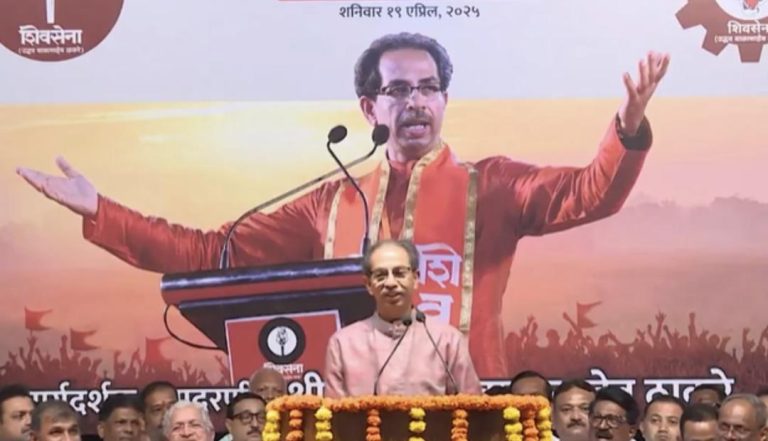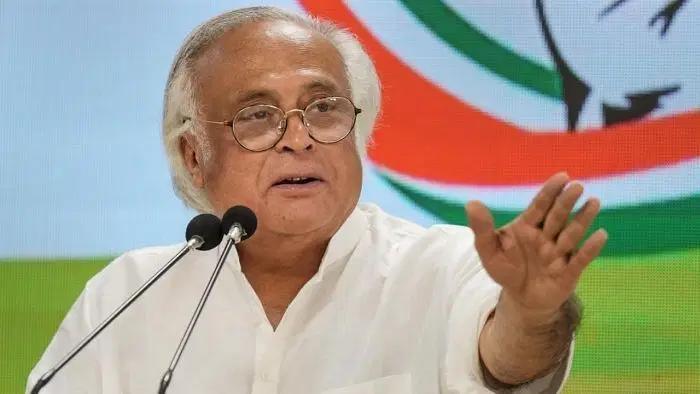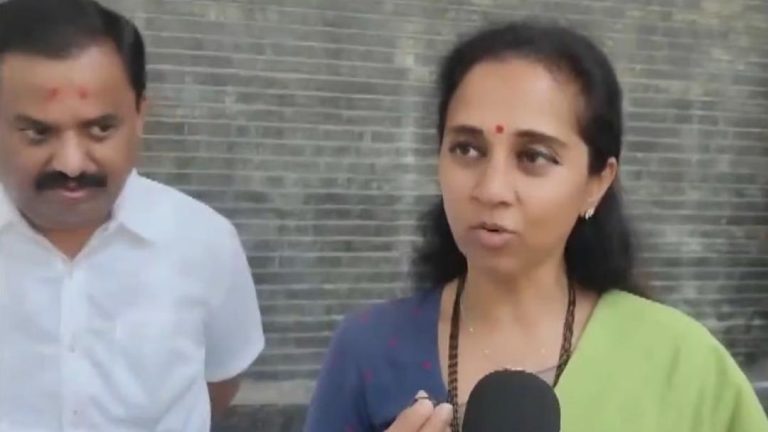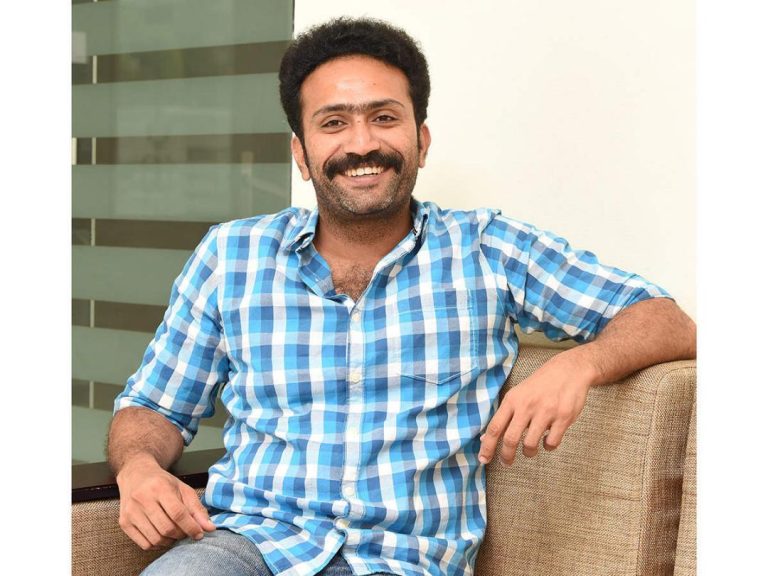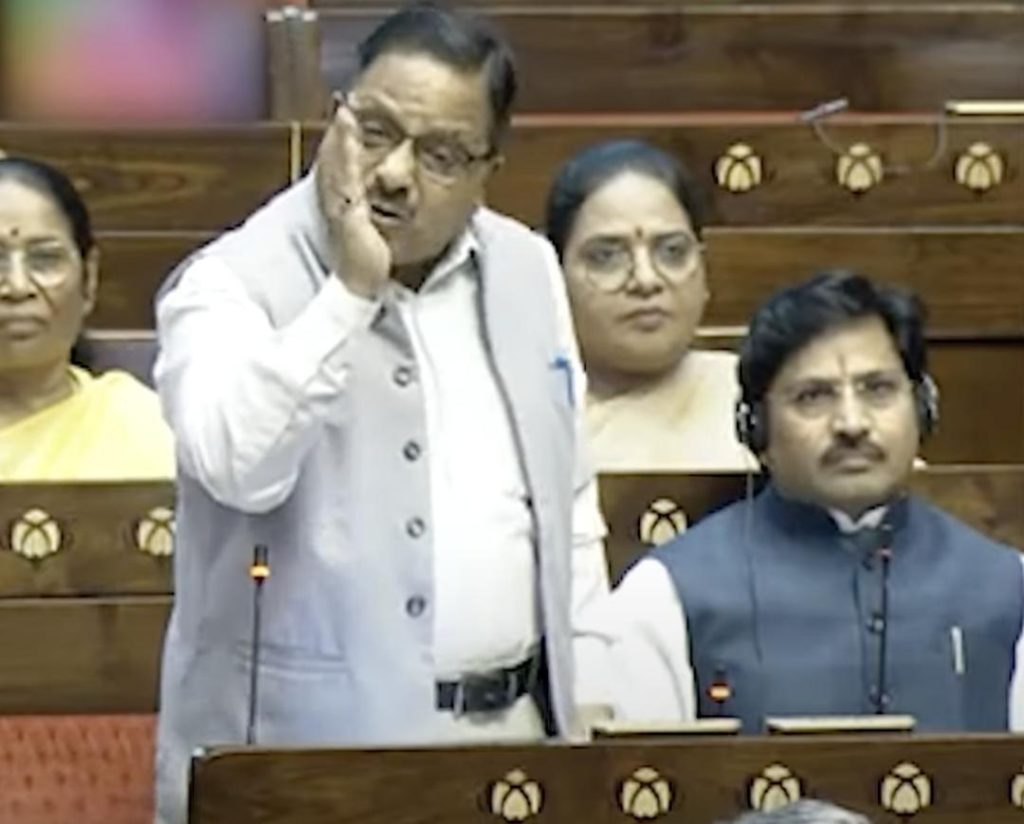
Should I Read Quran & Tell You What’s Written in It: BJP MP Radha Mohan Das on Waqf Bill
The Waqf Bill, which aims to regulate the management of Wakf properties, has been a topic of much debate in India recently. During the discussion on the bill, BJP MP Radha Mohan Das made a controversial statement that has sparked a heated debate among politicians and citizens alike. In this blog post, we will delve into the context of the statement and examine its implications.
The statement in question was made by Radha Mohan Das during the debate on the Waqf Bill in the Lok Sabha. He asked if he should read the Quran and tell what is written in it. The context of his statement was that he was questioning the management of the Waqf Board, which is responsible for managing the Wakf properties. He pointed out that the Quran mentions the importance of maintaining written records of all transactions, including the distribution of property.
Das said, “The Quran says that even if one rupee is given to anyone, there should be a written record…And you say you have so many properties without a record.” (Source: https://www.youtube.com/watch)
His statement was met with strong reactions from various quarters. While some saw it as a legitimate question, others felt that it was an attempt to provoke and create controversy. The Waqf Board, which is responsible for managing the Wakf properties, has been criticized for its poor management and lack of transparency in the past.
The Waqf Bill, which is aimed at reforming the Waqf Board and improving its management, has been a subject of much debate. The bill proposes to set up a new body to manage the Wakf properties, which will be responsible for ensuring transparency and accountability in the management of these properties.
The controversy surrounding Radha Mohan Das’s statement has raised several questions. Is it appropriate for a politician to question the religious texts of a particular community? Is it fair to question the management of a religious institution without having a thorough understanding of the context and the history of the institution?
One possible interpretation of Das’s statement is that he was trying to highlight the importance of transparency and accountability in the management of the Waqf Board. He was pointing out that if the Quran emphasizes the importance of maintaining written records of transactions, then it is only logical that the Waqf Board should follow the same principle.
However, his statement was also seen as an attempt to provoke and create controversy. Some saw it as a way to score political points and undermine the credibility of the Waqf Board. Others felt that it was an attack on the religious beliefs and practices of the Muslim community.
The controversy surrounding Radha Mohan Das’s statement has also raised questions about the role of politicians in religious debates. Should politicians remain neutral and avoid getting involved in religious debates, or should they be free to express their opinions and beliefs?
In conclusion, Radha Mohan Das’s statement has sparked a heated debate about the Waqf Bill and the management of Wakf properties. While his statement may have been intended to highlight the importance of transparency and accountability, it was also seen as an attempt to provoke and create controversy. The controversy surrounding his statement has raised several questions about the role of politicians in religious debates and the importance of maintaining a peaceful and respectful dialogue between different communities.
Source: https://www.youtube.com/watch
